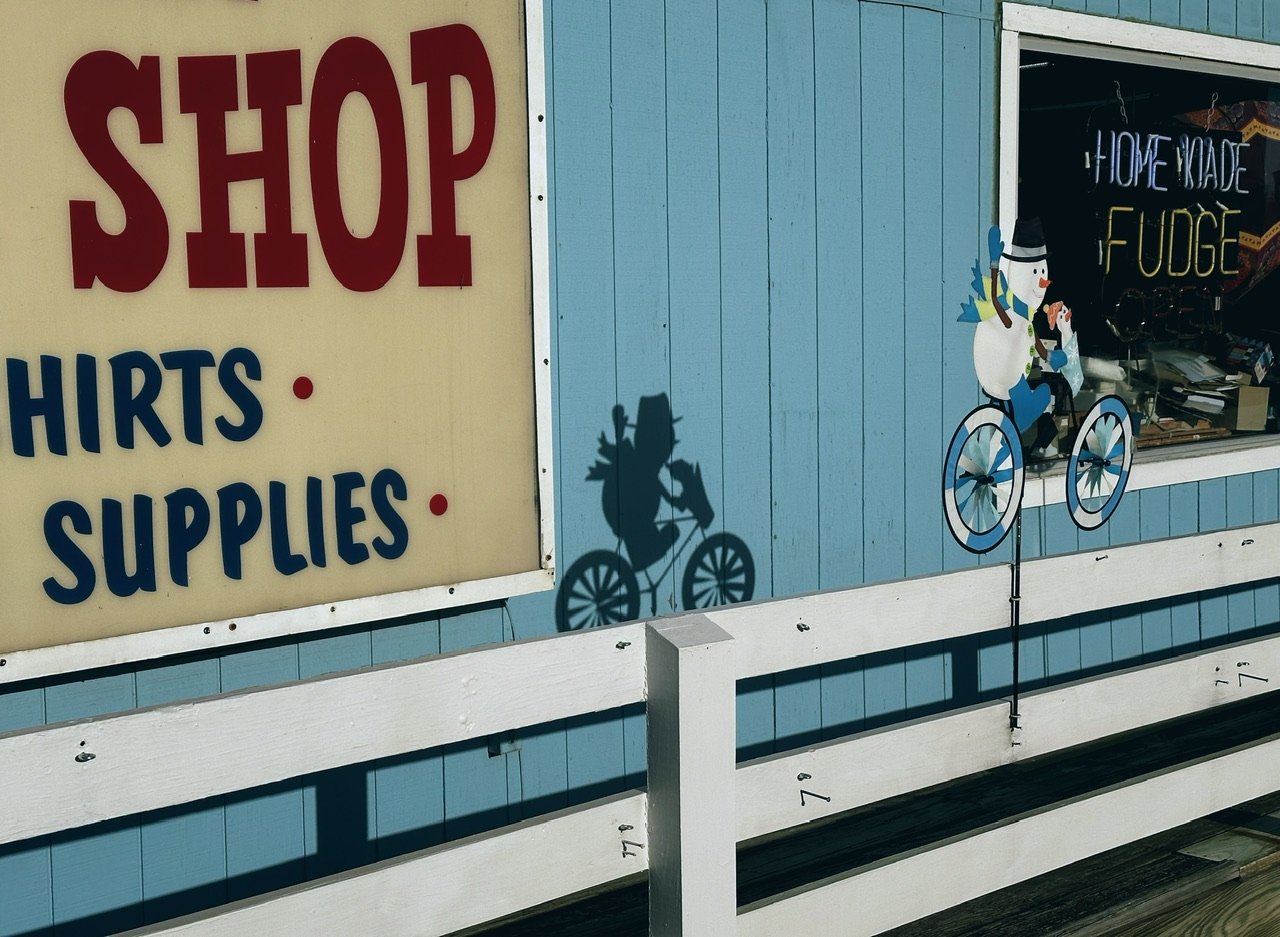Good morning, RVA! It's 43 °F, and warmer weather is here! Today you can expect highs in the 70s, tomorrow will feature highs near 80 °F, and, depending on how things shake out, we might see some upper 80s on Thursday. That sounds lovely, and I hope you have some plans already in the works to take advantage of the stellar weather.
Water cooler
Today, City Council will meet for their fourth budget work session at 1:00 PM, an Organizational Development committee meeting at 4:00 PM, and their own Special Meeting at 5:30 PM. I’ll get the budget work session up on The Boring Show later this week, of course, but if you have time the Org Dev meeting might be worth tuning into live as they’ll hear report outs from all other Council committees in addition to the ominously-named Audit Committee. Closing out their day at the Special Meeting, Council will consider a single paper, ORD. 2023-080, which will allocate $1.75 million to community college scholarships for RPS students. That’s a long day, and I hope Council brought snacks and remember to hydrate.
Related, Patrick Larsen at VPM reports on a $200,000 budget amendment submitted by 2nd District Councilmember Jordan to fund a study on decarbonizing the City’s Department of Public Utilities. I don’t know how it works in other cities, but in Richmond, we buy our natural gas from the City itself and all that revenue goes to support the day-to-day operations of the Department of Public Utilities. When gas prices go up (or gas usage goes down), DPU has to increase its consumer rates to keep paying its bills. You can see how this situation doesn’t give DPU (or the City’s leadership) a whole lot of incentive to move away from natural gas entirely and on to renewable energy sources. Honestly, though: Too bad! The planet’s on fire and of all entities, our local governments should not be involved in the sale—and expansion!—of non-renewable energy sources. Doomsaying aside, how to make this transition is a huge and complicated question, and I’m not sure anyone really wants to think too hard about it , so I appreciate this budget amendment and hope that the study gets funded. Working through how our city functions in a future/present where natural gas is not a tenable energy solution is well worth $200,000.
The Richmond Times-Dispatch’s Erick Kolenich reports on VCU’s efforts to enforce speed limits on its campus after a student was hit and killed by a driver earlier this year. Enforcement is certainly a part of making our streets safer, but it’s not the only tool in the tool box. I’ve yet to see either VCU or the City do anything to narrow these streets to make them safer, as recommended by the recent Strong Towns Crash Analysis Studio. They could do this—temporarily even—with cheap and available materials.
Meghan McIntyre at the Virginia Mercury has a nice recap of where Virginia stands with telehealth and what impact the ending of the federal public health emergency will have. Along with a whole lot of other things, it turns out physically going to the doctor in some routine situations is a waste of everyone’s time. While it seems like we have actually learned a few of these lessons as we mover further and further out of the pandemic, some industries, though, are having a harder time with the transition. The RTD’s Sean Jones reports that Capital One will require workers back into the office three days a week, walking back their earlier promises of remote work. The reasoning for the shift seems to be to make in-person work better for those who choose to do it, not because remote work wasn’t efficient or functional. Honestly, I wonder how many big business and government return-to-work mandates are driven by their investments in enormous pieces of now-empty real estate?
This morning's longread
The Ebb and Flow of Fitness
I am not a programmer and certainly am not an iOS app developer, but I find myself really enjoying this blog from app developer David Smith. I thought this post about tracking your personal fitness was particularly well written, and it resonated with me.
In much the same way as sitting on the beach, you can clearly tell the difference between high and low tide, but at any one moment, you can’t really tell if the tide is ebbing or flowing. So it is with fitness; I can tell when my fitness is meaningfully greater or lower than it has been before, but in the moment, it is really challenging to tell which way the tide is moving. On the negative side, this can then form a trap. You are so removed in time from the ultimately negative impacts of your current choices that you only realize that you are at “low tide” after a sustained period of negative choices. And then, sadly, on the positive side, you can feel like you are putting in all the right efforts and working hard in the moment, but it may seem like you haven’t changed the tide at all.
If you’d like to suggest a longread to show up here, go chip in a couple bucks on the ol’ Patreon.
Picture of the Day
Frosty the bike rider.

